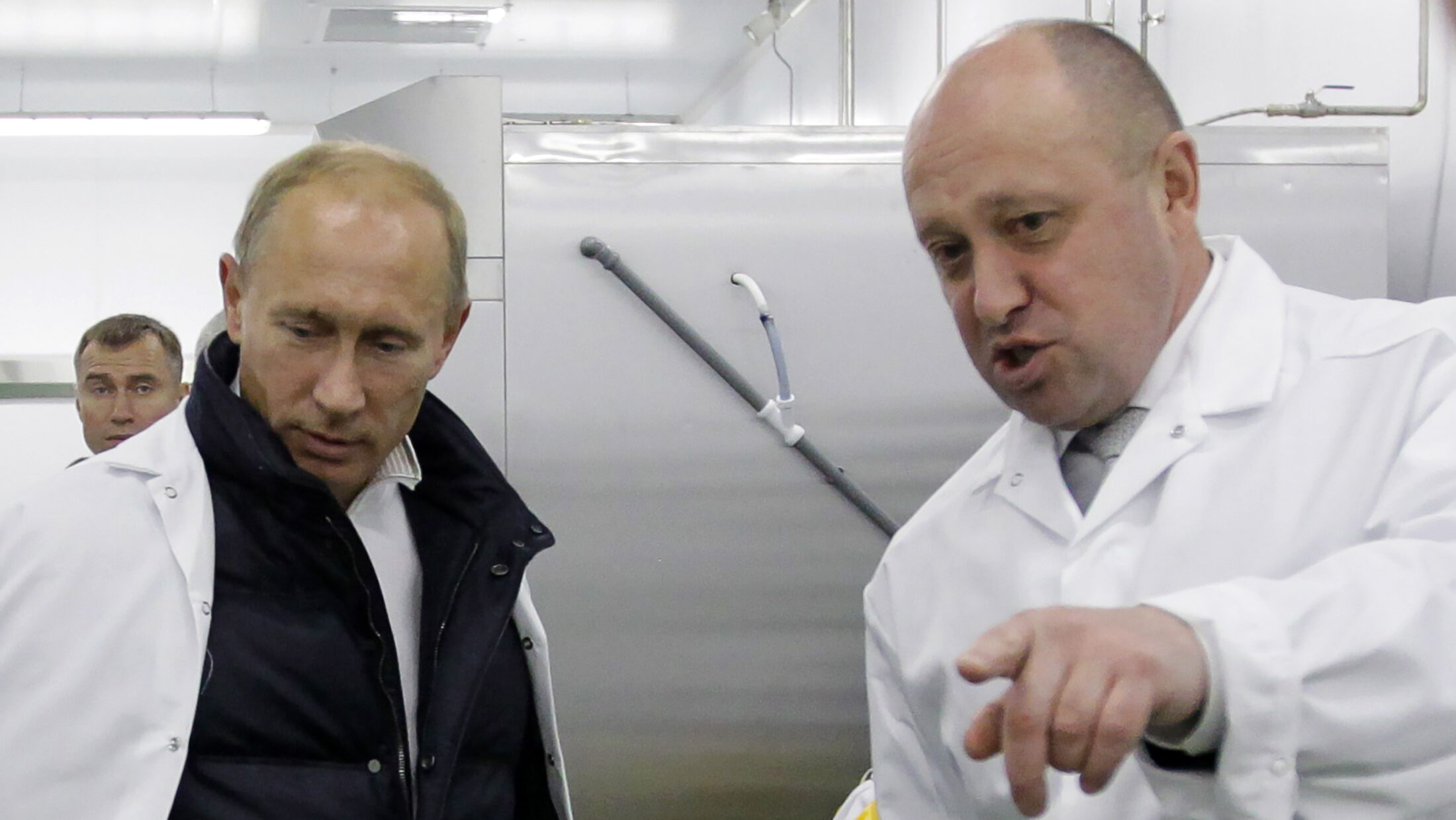Putin, the West, and the Wagner Rebellion
Al-Masry Al-Youm, Egypt, July 5
Many Western powers have widely accepted that the recent events in Russia reveal the fragility of Putin’s regime and have destroyed his image as a guarantor of stability. Though the assessments put forth by Washington, Paris, and Berlin about the crumbling of Putin’s standing and the potential for his overthrow are real, they are also based on a fear that a right-wing ultra-nationalist would take his place. The new Russian leadership has seized a potentially dangerous weapon cache, including the world’s largest stockpile of nuclear armaments. Additionally, Russia’s large-scale chemical and biological weapons raise the specter of catastrophic danger should they fall into the wrong hands. Developments in the world over the past few decades, beginning with the fall of the Berlin Wall in 1989 and the dissolution of the Soviet Union in 1991, have unfolded at an extraordinary rate. This enabled the faster-than-expected end of the Cold War and left the world’s most powerful nations uncertain about how to handle the collapse of another superpower. Many Western nations had failed to recognize the depth of the issues facing the Soviet Union, which led to its collapse and dissolution in the early 1990s. The dissolution of the Warsaw Pact was shocking, particularly with the Soviet Union having such a vast arsenal of conventional and unconventional weapons. And yet, the last few weeks revealed that the 36-hour rebellion spearheaded by Yevgeny Prigozhin covered an area as large as 750 kilometers in a single day. The Wagner forces seized two large cities and the headquarters of the Southern Military District in Rostov, even pushing as far as 200 kilometers from Moscow with seemingly little resistance from the crowds that came out to observe them. Alina Polyakova, president and executive director of the Center for European Policy Analysis, noted that not only the army’s weakness was exposed during the rebellion, but also that of Putin, who accepted a deal that would allow Prigozhin and his forces to move to Belarus without any punishment for their actions. Western estimates have suggested that new leadership could overthrow Putin and that the internal political state of Russia remains volatile. At a time when the war in Ukraine is escalating dangerously between NATO and Russia, causing considerable casualties to all involved, the future of the Wagner group, one of Russia’s private military companies, within various African and Arab countries remains in question. Despite suffering major blows to its economy and military prowess since the invasion of Ukraine, Putin is still faced with the challenge of maintaining his authority. Wagner has been instrumental in carrying out Putin’s dirty work abroad, prompting speculation as to whether the Kremlin will dismiss its operations. However, Wagner’s lucrative activities regarding mining and harvesting gold, as well as the Russian leadership’s vow to relocate its personnel to Belarus, indicate that the group may very well remain in power. —Amr Helmy (translated by Asaf Zilberfarb)

